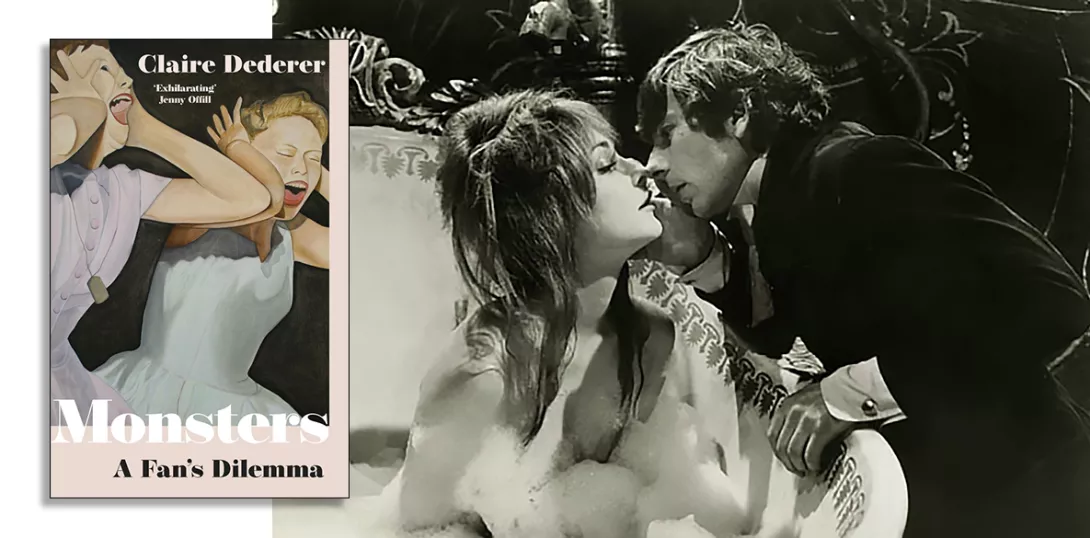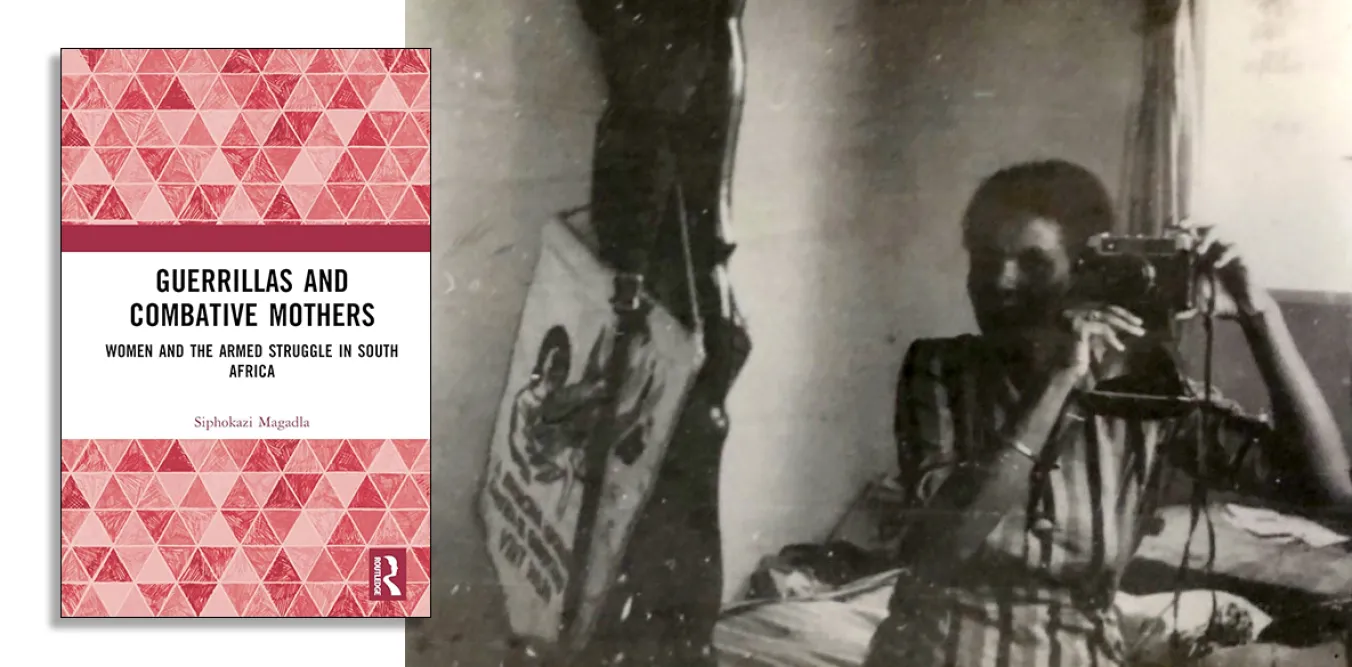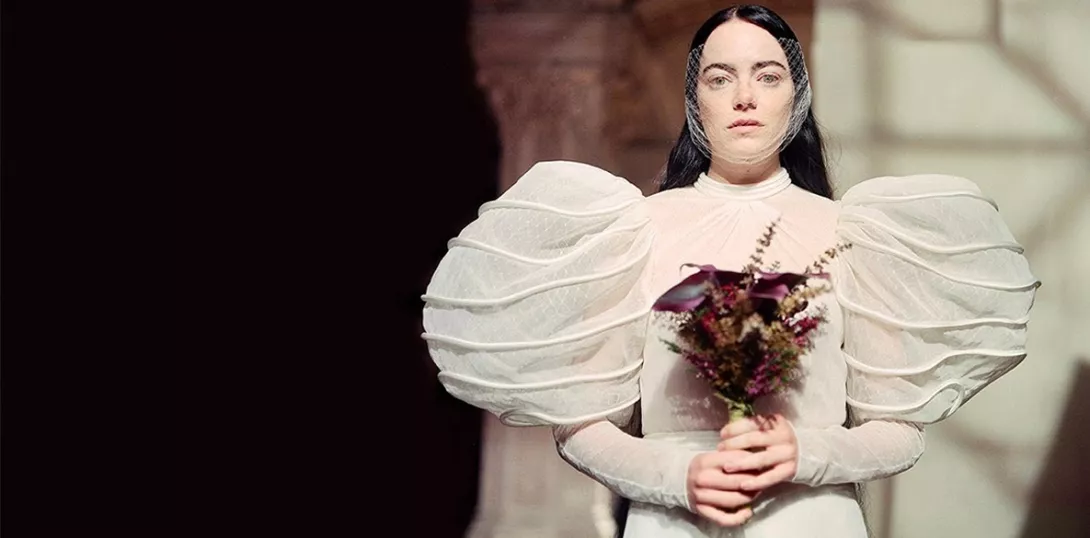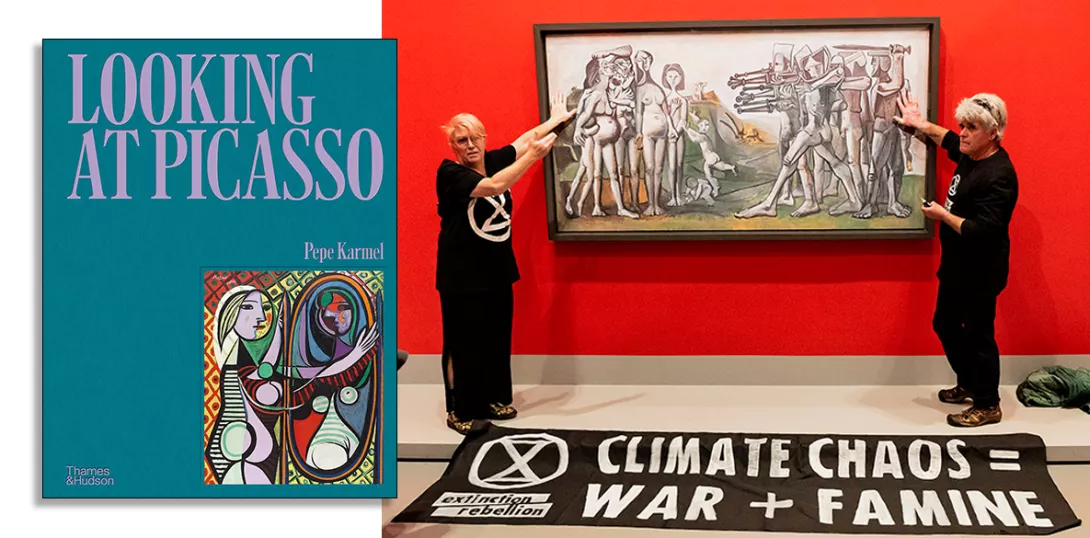
Monsters: A Fan’s Dilemma
by Claire Dederer, Sceptre, £19.99
THE question is vexed of how to handle tainted legacies, of people both living and dead – Wagner, the conductor James Levine, Woody Allen, Kevin Spacey, and a rogues’ gallery of others – not coincidentally, all of them white males.
Writer Claire Dederer shares the same thoughts.
Her fascinating book, Monsters: A Fan’s Dilemma, is an in-depth exploration that covers many of the same figures named above, and others such as Picasso, Raymond Carver, Michael Jackson, Ernest Hemingway, a few women (Joni Mitchell and Sylvia Plath among them), and Roman Polanski.
Especially Roman Polanski. Dederer cannot tear her eyes away from Polanski’s films, which she considers great art. The questions Dederer asks are, “How should I feel about it? Should I feel guilty? Should I stop watching? Or simply accept the contradiction?”
I deeply appreciate that Dederer does not settle for easy answers. There are no easy answers. One of the points she astutely makes is that our choices as audience members – consumers, essentially – don’t amount to a hill of beans in this world. Worse, they trap us in a kind of false security that feeds directly into the capitalist project.
A central metaphor Dederer uses is the stain. The bad things perpetrated by monsters have the quality of a stain. They are indelible. They seep through in every direction – past, present, future. We may be moved by an evening of Wagner’s Siegfried, but we cannot un-see the stain of his proto-Nazism and anti-semitism. In discussing the latter, Dederer makes the point that Wagner had choices. They were not merely vessels blown by the prevailing winds of their times. Wagner was well aware of anti-anti-semitism writings.
Monsters is, without doubt, a feminist work, an indictment of the privilege of patriarchy, which has given and continues to give men a free pass to behave as badly as they please – for the sake of “art,” or “genius,” or whatever. “Genius” as an adjective is rarely paired with anyone but white men.
When she gets to women, it is to show that the dilemma for women is endemic and intractable: career versus motherhood. The abandonment of children almost invariably defines women “monsters.” There is no hall pass for what Dederer calls “the pram in the hall.”
What makes “Monsters” truly engrossing, ultimately, is how it gradually morphs into the author’s inner journey. She processes not only the “monsterhood” of famous people but also her own. She wrestles with her sometime choice of writing (her art) over motherhood. She wrestles with fandom, with the ineluctable beauty of art and creativity that brings love into the world, and forces us not to look away. She ends up close to redemption: with the knowledge that no-one in this world is perfect, and if we love enough, we may love the monsters, too – even and especially the ones in our own lives.
What the book gave me was a deeper and more nuanced understanding of the difficult choices we must make every day, in our own lives as well as in how we react to the works and lives of others. And maybe something else not explicitly stated by the author: that we must keep up the fight against racism, sexism, toxic masculinity and all the other systemic ills we face.
Fred Baumgarten is a writer living in western Massachusetts. This is an abridged version of a review that first appeared in counterpunch.org














